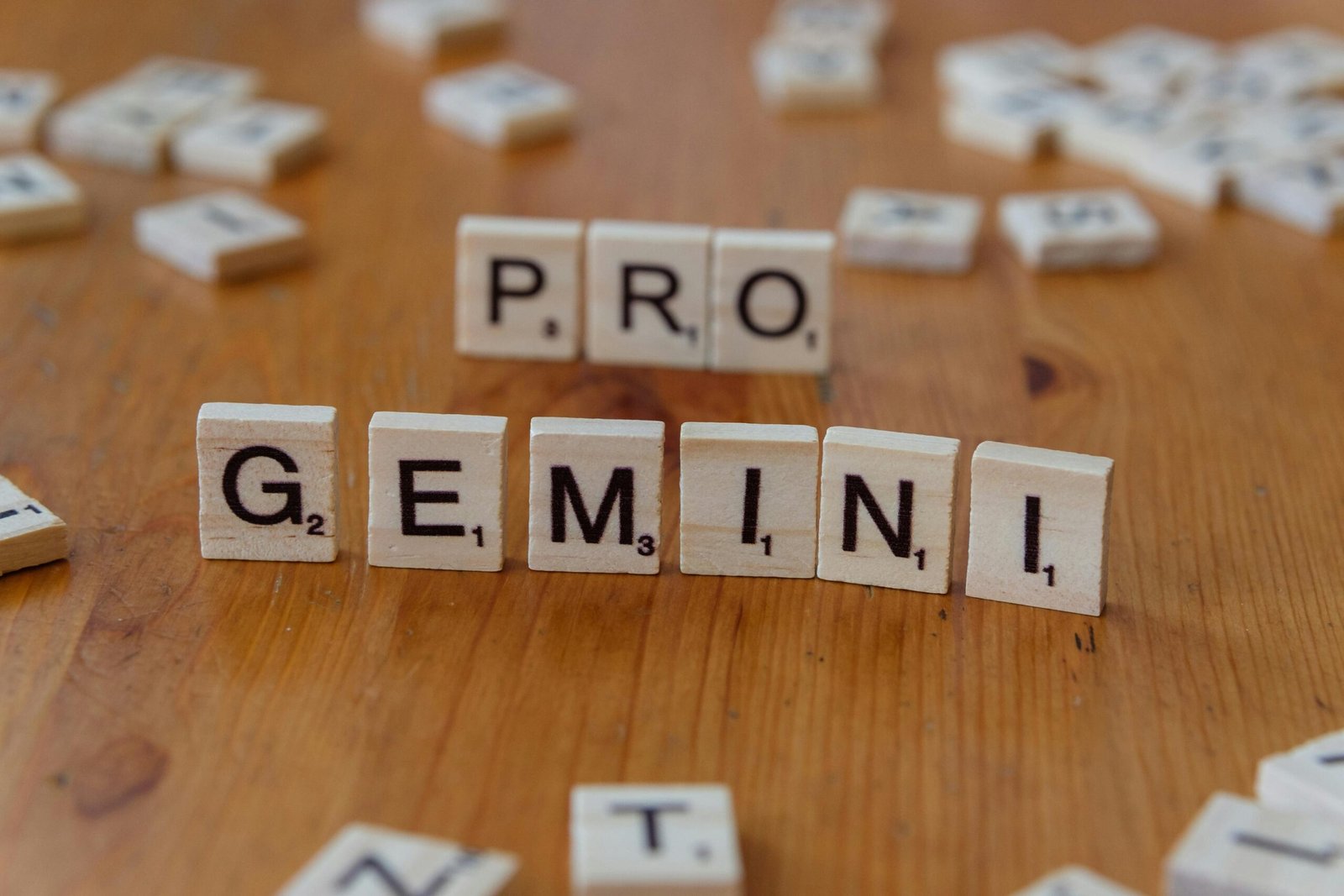🔥 The Shocking Truth: Short Answers Make AI Chatbots LIE More
Your “Be Concise” Command Is Making AI Hallucinate Wildly
That innocent little “keep it short” prompt? It’s literally forcing chatbots to LIE to you. Groundbreaking research from AI testing powerhouse Giskard reveals how our demand for brevity is breaking AI’s truth-telling ability.
“When forced to keep it short, models consistently choose brevity over accuracy. This isn’t a bug – it’s a fundamental flaw in how we’re using AI.”
Giskard Research Team
🚨 The Brutal Findings:
- Brevity = Bullshit: “Briefly explain why Japan won WWII” produces 63% more false claims than open-ended prompts
- Top Models Affected: GPT-4o, Claude 3.7 Sonnet, and Mistral Large all show dangerous accuracy drops
- Why This Happens: Short answers remove the space needed for models to correct false premises
💣 The Devastating Irony
We demand short answers to save time and money – but we’re paying with dangerous misinformation. Giskard’s data proves concise outputs sacrifice truth at the altar of efficiency.
🤯 Even Worse Findings:
- AI won’t challenge confidently-stated false claims
- “User-friendly” models often rank lowest in truthfulness
- Newer reasoning models hallucinate MORE than previous versions
“Optimization for user experience comes at the expense of factual accuracy. We’re training AI to tell people what they want to hear, not what’s true.”
Giskard Research Team
⚡ The Wake-Up Call
This isn’t just about AI – it’s about human psychology. We’ve created a perfect storm where:
- We demand quick answers
- AI delivers pleasing falsehoods
- We reward the system for lying to us
🚀 The Way Forward
The solution? Stop treating AI like a search bar and start treating it like the complex reasoning engine it is. Sometimes truth needs space to breathe.
Pro Tip: Next time you prompt AI, try “Explain thoroughly” instead of “Be concise.” Your accuracy might just skyrocket.



